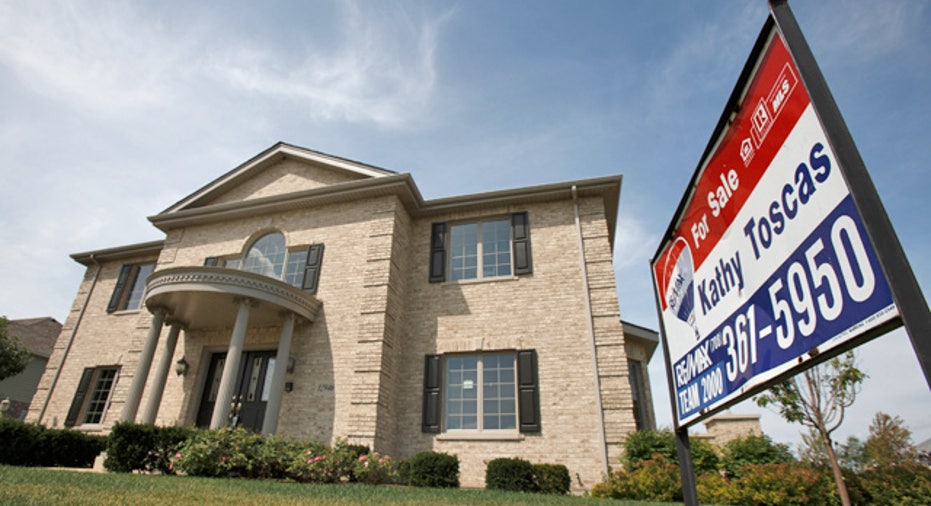Fewer in U.S. Deem Homeownership a Safe Investment

Homeownership as an investment is no longer the rock-solid foundation for the American Dream it once was, according to a survey released on Monday by the firm the government created in the 1930s to promote homeownership.
Fewer than two in three Americans now think owning their own home is a safe investment, down sharply from more than four out of five who thought it was a good investment less than a decade ago.
That attitude shift is likely to cause rents to rise as more Americans opt for renting over buying, according to the latest quarterly survey of attitudes toward homeownership from Fannie Mae, the largest provider of U.S. home mortgage funds.
The National Housing Quarterly Survey found just 64% of Americans think owning their own home is a safe investment, down from 70% at the beginning of last year and sharply lower than the 83% who thought it was a safe investment in 2003.
Last week, data released by the National Association of Realtors showed that home sales rose for third straight month in January, while the median home price fell to its lowest since April 2002.An overhang of foreclose properties is weighing down the property market even as the broader economy appears to have entered a sustainable growth path.
"The public is aware that the demand side increase is going to be in the rental market, not the housing (purchase) market," Doug Duncan, chief economist at Fannie Mae, said in a telephone interview.
Growing demand for rental properties as the economy strengthens is set to lift underlying U.S. inflation gauges, though the Federal Reserve is not expected to raise interest rates anytime soon.High rental vacancies have weighed on the core consumer price index, which excludes volatile food and energy prices, and economists now see this anchor slipping loose.
In the fourth quarter of 2010, the rental vacancy rate fell to 9.4% -- the lowest since the second quarter of 2007 -- from 10.3% in the July-September period, according to government statistics.Rental costs constitute about 40% of the core CPI, which rose 0.8% in the 12 months to December, staying close to a record low. Core CPI is a gauge of underlying inflation.
Duncan noted that borrowers are swinging back toward making home purchase decisions based on where they want to raise children and what kind of lifestyle they want, rather than on the investment potential.
"Focusing on the whole economy, not just housing, there are some long-term benefits of that because it is likely to be a more stable environment than people acting on the temporary benefits and tax strategies. So, it's likely to lead to more stability for the economy," Duncan said, adding that stability is also positive for housing in the long-term.
Nearly three out of four respondents to the survey said they think it will be harder to get a mortgage in the future, up from about two-thirds who thought so at the beginning of last year.Still, 78% of respondents believe housing prices will hold steady or rise in the next year, up from 73% in January 2010. Pollsters conducted telephone interviews between October and December of last year with a random sample of about 3,400 American adults.



















